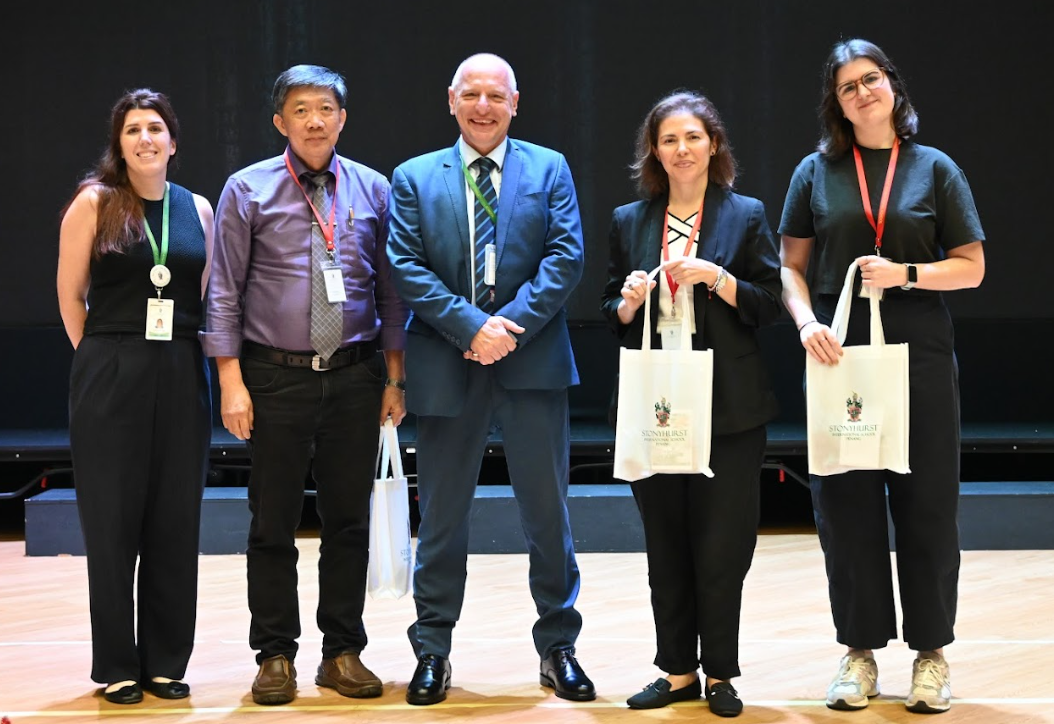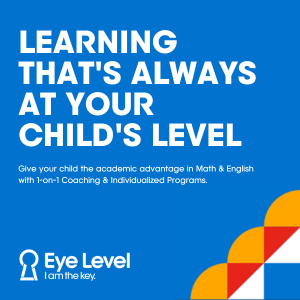Katie Roebuck
Head of Junior School at Repton International School
www.repton.edu.my
In the realm of education, the shift towards play-based learning has gained significant momentum. Repton International School, known for its exceptional British International School curriculum, recognizes the invaluable role that play-based learning plays in fostering holistic development among children. This approach transcends traditional teaching methods, promoting engagement, curiosity, and creativity. As parents seeking the best for your child's education, understanding the benefits of play-based learning can empower you to actively support your child's growth journey.
Play-based learning is more than just fun; it's an educational philosophy that acknowledges the innate curiosity and thirst for knowledge that children possess. At Repton, this approach is seamlessly integrated into the curriculum to facilitate meaningful learning experiences. Through hands-on activities, interactive games, and collaborative projects, children engage with the curriculum in ways that spark their interests and ignite their imaginations. In the first week of term this could be seen through interactive, historical time lines in Year 5 to creating artistic portraits of themselves in Year 1; if the children are engaged, they are learning! Play-based learning lays a strong foundation for holistic development. By allowing children to explore, experiment, and problem-solve in a supportive environment, they develop cognitive, social, emotional, and physical skills. As they work on projects and participate in imaginative play, they enhance critical skills such as communication, teamwork, and creativity – essential attributes in the modern world. Try asking the children to help you cook a family meal, write a shopping list and then go shopping with you or getting them to help you with a household chore. All these are interactive learning situations where children can develop their independence. One of the remarkable aspects of play-based learning at Repton is its ability to cater to individual learning styles and paces. Children are encouraged to follow their interests, giving them agency over their learning journey. This personalized approach ensures that each child's unique strengths and challenges are acknowledged, fostering a sense of accomplishment and self-confidence, especially
in a group environment.
Play-based learning sets the stage for a seamless transition to more formal education. As children progress through their academic journey, they have already developed the foundational skills required for higher-order thinking. The hands-on experiences gained from play-based learning provide a deep understanding of concepts, making abstract ideas easier to grasp in later years.
As parents, your involvement in your child's play-based learning journey is crucial. Encourage open communication about their experiences, ask questions, and engage in discussions about their projects. By showing enthusiasm for their explorations, you foster a positive attitude towards learning. Always encourage your child to ask questions and encourage them to research and find out the answers themselves.
Once they begin ask questions; ‘why is the world round?’ ‘What is the biggest underwater sea creature?’ they will never stop!


































